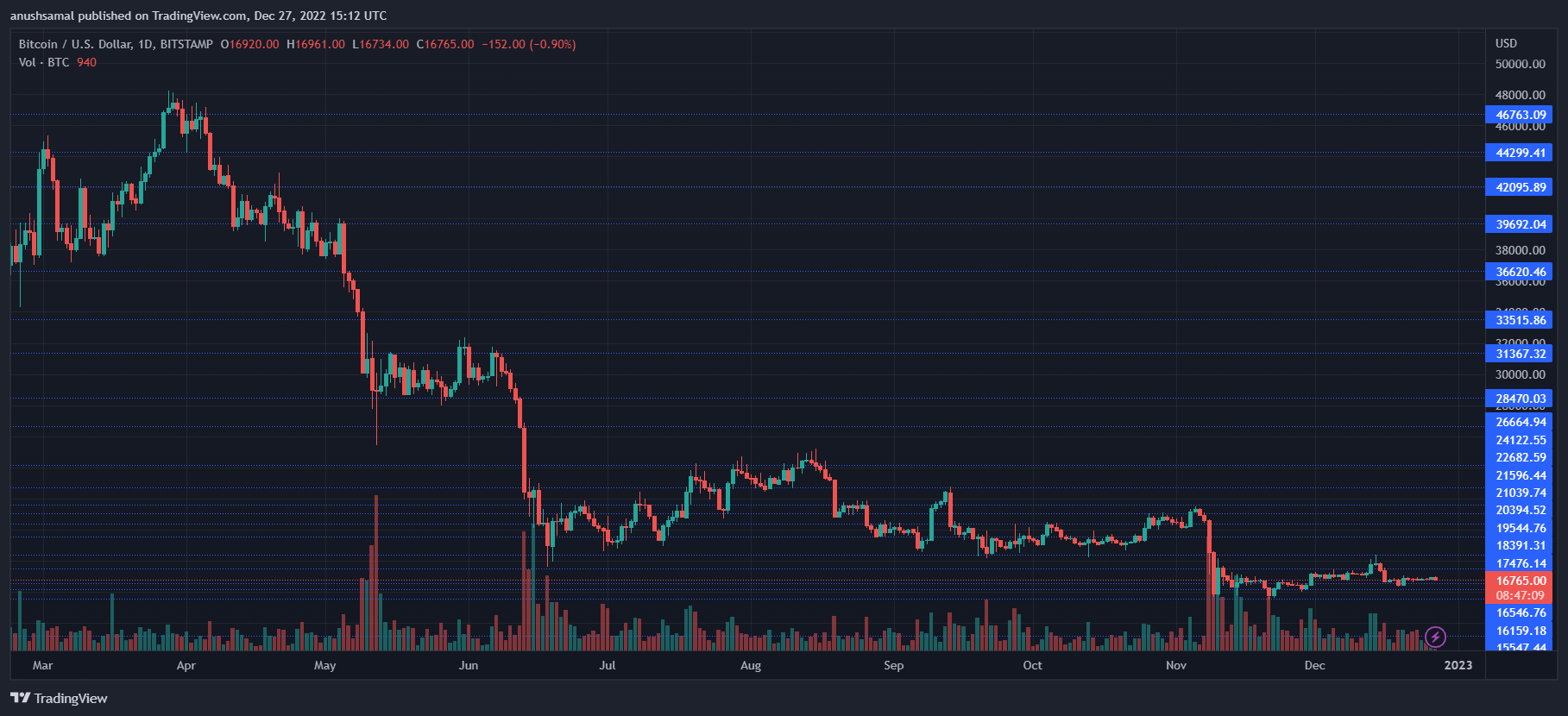Robocallers have now amped up their attacks, especially after the fall of the FTX cryptocurrency exchange. Technology has also been upgrading itself, and that has also made the crypto scammers upgrade their mechanisms to swindle funds from crypto users.
Scam organizations, after the FTX issue, are now after the cryptocurrency industry. They operate by initiating millions of automated calls and text messages to millions of users through an auto-dialing mechanism.
Auto-dialing is a common practice among fraudsters including Robocallers and it is used to conduct most scams. These automated calls and text messages deceive users and exploit their information to get hold of their funds.
Clayton LiaBraaten, who is the senior executive adviser at Truecaller, a software company that is used to identify scam calls and messages, mentioned that scammers especially stay updated about the crypto news in order to identify and target their victims better.
He stated:
Fraudsters love volatility and current events. Anytime they can try to surf the contours of something very disruptive in the marketplace they have a great deal of success.
It has also been reported that after extorting money, robocallers have upgraded their services and even formed an organization with expert scammers.
Other Kinds Of Crypto Scams
LiaBraaten also mentioned that there is a particular way that these automated robocalls operate. These entities launch millions of automated robocalls in one go, which then gives rise to fear and curiosity. These are the two elements that scammers depend on to obtain information.
For instance, if scammers have to get phone numbers, they do it in various ways. One is using tools to scour social networks for data and the second, depending on data breaches where a lot of information is leaked.
The most common scam witnessed by Truecaller is known as the ‘imposter scam.’ Imposter scammers have multiplied across various sectors where they perform this scam.
They disguise themselves as a support desk or another such entity from a renowned crypto business or exchange. The scammer then publishes their contact information on a website that looks identical to the authentic website to disguise themselves.
Younger Population Targetted By Robocallers
Scammers are often people who have insight into people’s psychology and are social engineers who will try to find ways to bring out information by being contextually relevant. The younger generation is more at risk owing to the limitless information that people put online.
These allow the scammers to send messages and target their calls with relevant information to ensure that the communications keep their victims hooked. Reports also suggest that the first call or text rarely results in financial fraud; it is after the first communication that scammers start to create a relationship of trust to further gain access to sensitive information.
LiaBraaten adds that “They’re building more and more details about the persona and when they gather enough information, then yes, they’re going to try to access your crypto wallet.”
People who do not understand cryptocurrency are another group that is vulnerable to such attacks. It is unlikely that people who understand the technology and are crypto-savvy will become victims of Robocallers and other fraudulent practices.
So How Can One Avoid Falling Prey To Rising Crypto Scams?
Regardless of having the ability to understand how scams work, users should be cautious about such calls and messages that seek personal and sensitive information.
People who don’t understand how crypto works should avoid responding to prompts that ask for passwords and other information. They should only interact with official channels when absolutely necessary. This is an effective way of steering clear of Robocallers.
Lia Braaten further states:
One of the worst things that you can do is stay on the phone with these guys because it is their mission to relieve you of your cryptocurrency. It just takes a vulnerable moment, one minute of second-guessing yourself, and then they’re off to the races.
















